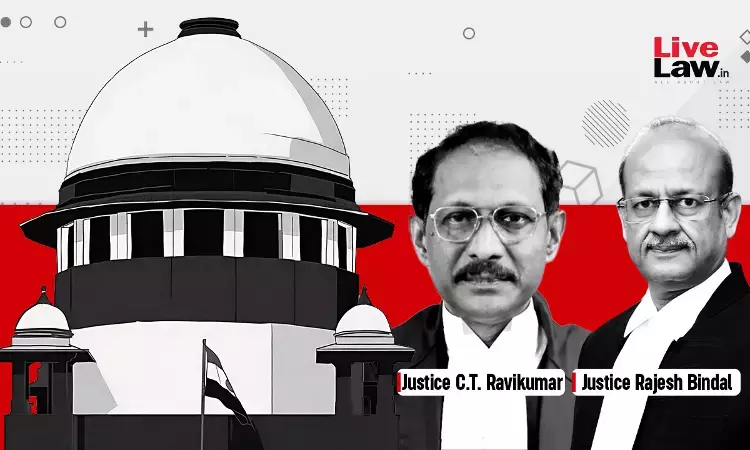Supreme Court Sentences Man Who Raped 7 Year Old Girl In Temple To 30 Years Imprisonment
Gyanvi Khanna
6 Feb 2024 10:21 AM IST

Next Story
6 Feb 2024 10:21 AM IST
In a horrifying incident where a 40-year-old man raped a seven-year-old Child (victim), the Supreme Court imposed the sentence of 30 years of rigorous imprisonment with a fine of Rupees One Lakh. In the instant case, the victim's grandmother lodged an FIR against the accused/ petitioner for kidnapping and raping. Per the case successfully established by the prosecution, the victim,...
